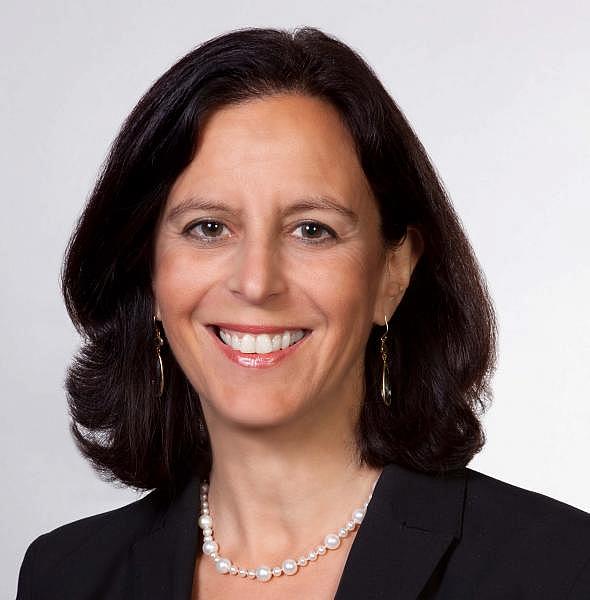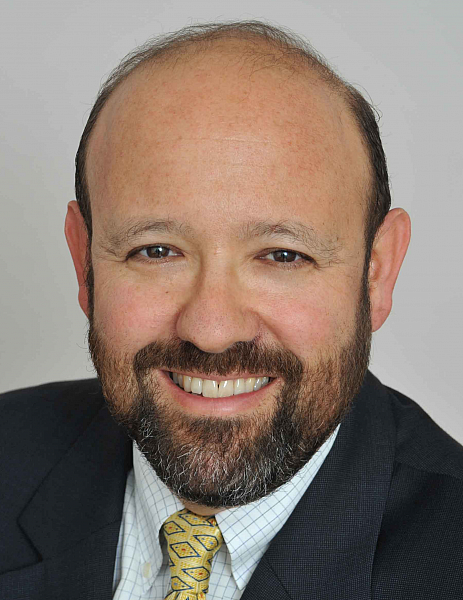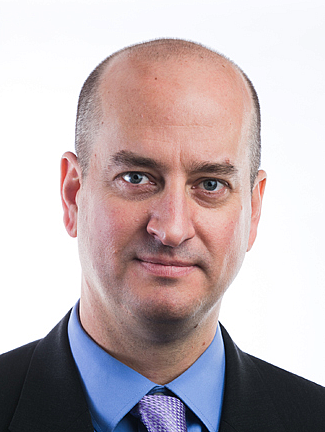The Rise of Medicare Advantage
Pity the poor senior who now has to sort through the wilderness of Medicare options. Traditional Medicare was already a maze, and the rise of Medicare Advantage plans adds yet another layer of complexity to seniors’ decision making. The difficult choices they make can have profound implications for their health and finances. It’s an area that begs for more quality journalism that can inform and educate American seniors on a critical health care decision. Privately-run Advantage plans are surging in popularity, with more than a third of all Medicare beneficiaries now enrolled in these such plans. The number of Advantage plans across the country is up 15% from last year alone. While these highly popular plans offer benefits not covered by traditional Medicare, there are persistent questions about their higher costs and worries about quality of care, with some evidence suggesting they don’t serve sicker patients as well. Meanwhile, critics lament their growth, saying they herald the privatization of America’s public health care safety net for seniors. What’s at stake for seniors in your community as private companies increasingly administer Medicare? This webinar will help get you started covering an essential story about a program that covers 60 million Americans across the country.
Webinars are free and made possible by The Commonwealth Fund and the National Institute for Health Care Management Foundation.
Panelists

Tricia Neuman is senior vice president of the Kaiser Family Foundation, where she oversees the foundation’s policy analysis and research on Medicare, health coverage and care for aging Americans and people with disabilities. A widely cited Medicare policy expert, Neuman focuses on topics such as the health and economic security of older adults, the role of Medicare Advantage plans, Medicare and out-of-pocket spending trends, prescription drug costs, payment and delivery system reforms, and policy options to strengthen Medicare for the future. She has testified on the topic before Congressional committees, and is widely quoted by major media outlets. Before joining KFF in 1995, Dr. Neuman served on the professional staff of the Ways and Means Subcommittee on Health in the U.S. House of Representatives and on the staff of the U.S. Senate Special Committee on Aging. Neuman received her doctorate in health policy and management and a master’s degree in health finance and management from the Johns Hopkins School of Public Health. She’s a graduate of Wesleyan University.

(Christopher Cherrington | The Salt Lake Tribune)
Mark Miller is a journalist and author who is a nationally recognized expert on trends in retirement and aging. His writing focuses on retirement security, including health care and Medicare, Social Security, retirement investing, midlife careers and housing. He also writes frequently about retirement-related public policy issues, including reform of Social Security, Medicare and workplace retirement plans. Miller writes regularly on Medicare, aging and retirement for Reuters, The New York Times and Morningstar. His latest book, “Jolt: Stories of Trauma and Transformation,” tells the stories of people transformed by growth following trauma, and the new paths they pursue.

David Lipschutz is associate director of the Center for Medicare Advocacy in Washington, D.C. He works on public policy issues surrounding Medicare and its beneficiaries. This work includes federal administrative and legislative advocacy, collaboration with other consumer advocates to address systemic issues, and monitoring, analyzing and commenting on current Medicare policy developments. Previously, Lipschutz was a staff attorney at California Health Advocates (CHA), a nonprofit that advocates for California Medicare beneficiaries. Before that, Lipschutz worked as a staff attorney at the Center for Health Care Rights, a nonprofit agency that provides direct services to Medicare beneficiaries in Los Angeles County. Lipschutz is an attorney licensed in California and Connecticut, and earned his B.A. degree from University of California, Santa Cruz in 1993 and his J.D. degree from University of California, Davis in 1999.
For Tricia Neuman's slides, click here.
For David Lipschutz' slides, click here.
For Mark Miller's slides, click here.
Suggested reading & resources
- “Medicare Advantage 2020 Spotlight: First Look,” by Gretchen Jacobson, Meredith Freed, Anthony Damico, and Tricia Neuman, Kasier Family Foundation
- “Medicare Advantage Checkup,” by Tricia Neuman and Gretchen Jacobson, The New England Journal of Medicine
- “Traditional Medicare…Disadvantaged?” by Tricia Neuman, Kaiser Family Foundation
- “Health care reporters used to be Medicare hounds. What happened?” by Trudy Lieberman, Center for Health Journalism
- “'Don’t Touch My Medicare!’ Is the beloved program on its last legs?” by Trudy Lieberman, Harper’s Magazine
- “Medicare Advantage plans get unfair push from U.S. government: critics,” by Mark Miller, Reuters
- “Medicare Advantage Spends Less on Care, So Why Is It Costing So Much?” by Austin Frakt, The New York Times
- “Medicare Advantage Enrollees Discover Dirty Little Secret,” by Cheryl Clark, MedPage Today
- “Medicare Advantage Plans Found to Improperly Deny Many Claims,” by Robert Pear, The New York Times
